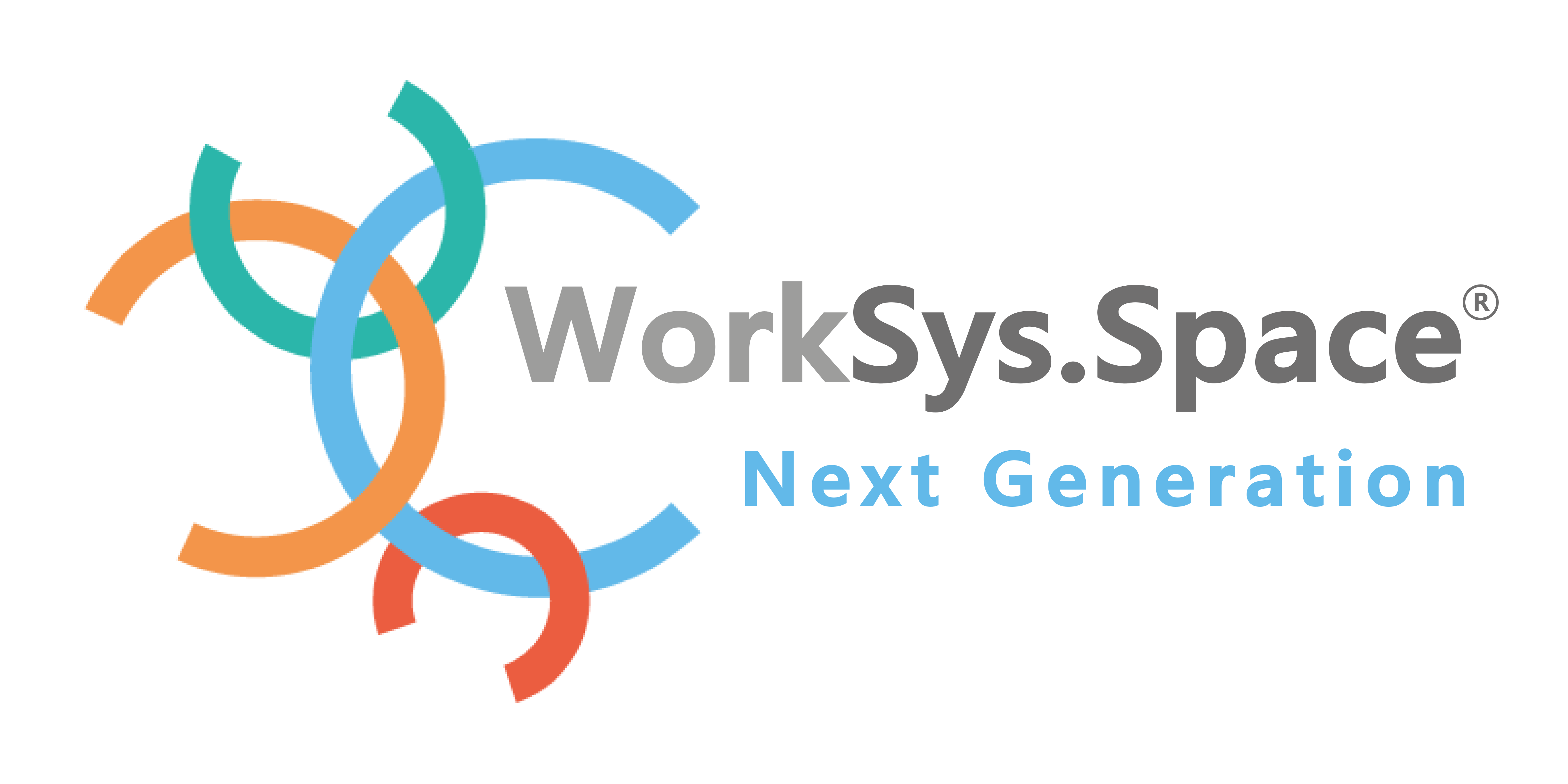Safety of workers and equipment

Goal - short description
Workers in manufacturing companies often suffer injuries on the job. For employers, ensuring the safety of their workforce is extremely important as it directly affects production. Large direct and indirect losses in logistics are caused by accidents:
- Injured employees
- Destroyed vehicles
- Damaged storage units and warehouse equipment
- Destroyed client property that must be remade and therefore cannot be delivered on time
Long-term statistics show that 98% of traffic accidents are caused by human error / carelessness / non-compliance with safety standards / intent and only 2% are caused by other factors (elements, technical error).
Description
Manual monitoring processes are often insufficient because the designated person may not effectively monitor multiple screens at once. And such mistakes can have huge consequences for the employees and the manufacturing company. The use of computer vision technologies can effectively detect any issues related to security measures so that workers can create dashboard messages and send alerts. In the event of an accident, alerts can also be issued automatically so that management can take the necessary measures immediately.
Solution
Maximize safety with the help of behind-the-camera analytics and the involvement of interoperable scenarios to support the launch of alert actions, reporting, actions of other third-party support systems, the launch of early warning systems, up to analytical evaluation with the support of ML models integrated in the WorkSys system and use as predictive modeling.
What makes the solution unique
The artificial intelligence behind the camera is ideally installed in lighting systems that have uniform coverage in the factory and are also a communication data bus over the existing cable system. Subsequently, you can add a number of other analytics with the support of artificial intelligence, which can be from security as well as other areas of the industry – quality control of statements, logistics flows, production process elements, etc.
Benefits
- Active and autonomous safety elements
- Prediction and not subsequent reaction to events
- Detailed recognition of dangerous zones based on data
- Comprehensive connection with all third-party elements in the factory









